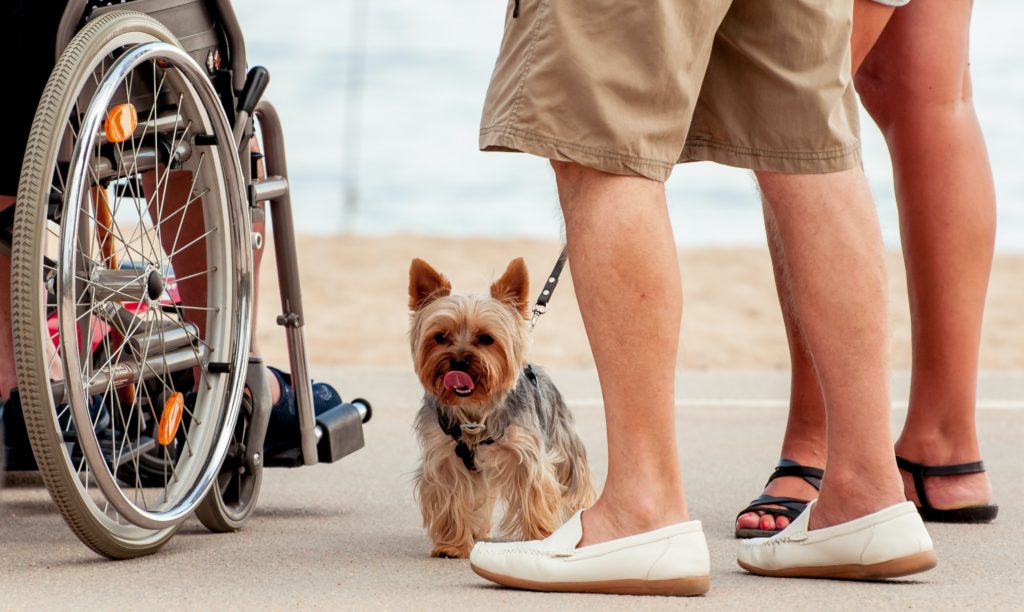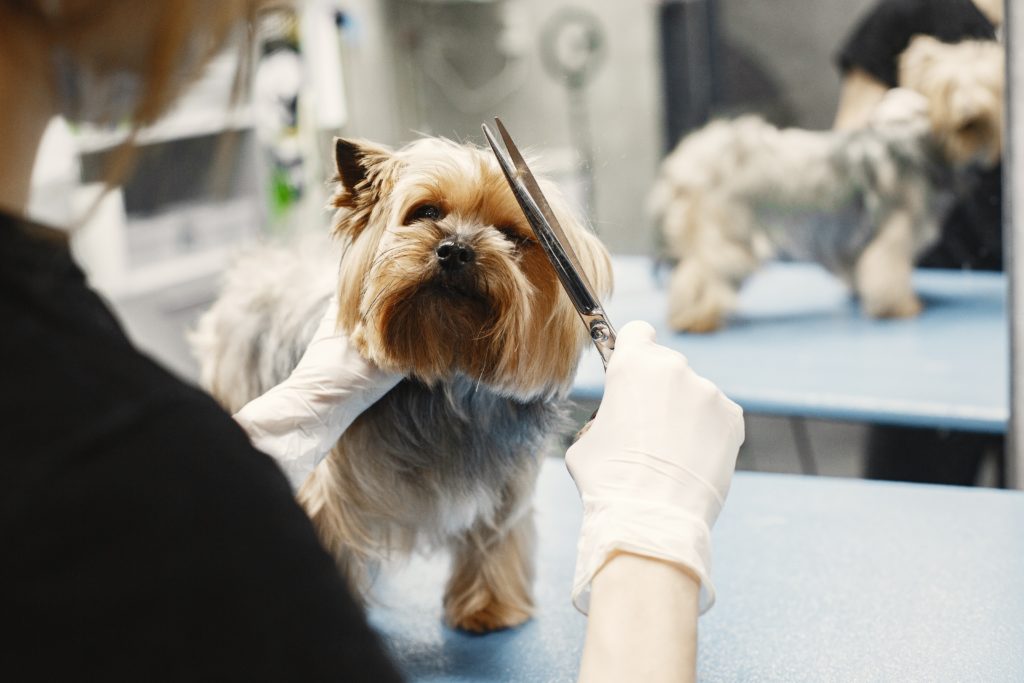
Pets bring joy, companionship, and unconditional love into our lives, making them cherished members of our families. Whether you’re a seasoned pet owner or considering adopting a furry friend for the first time, providing the best care is essential for their overall well-being and happiness. In this comprehensive guide to pet care, we will cover everything you need to know to ensure your beloved companion’s health, nutrition, exercise, grooming, and emotional needs are met.
Understanding the Responsibilities of Pet Ownership
Owning a pet is a lifelong commitment that demands dedication and responsibility. Before bringing a pet home, consider your lifestyle, available time, and resources to ensure you can provide the care they deserve. Pets require daily attention, regular veterinary check-ups, and a safe environment. Research the specific needs of the pet you’re interested in, whether it’s a dog, cat, bird, small mammal, reptile, or any other animal, to prepare yourself adequately.
Providing a Safe and Stimulating Environment
Creating a safe and stimulating environment is crucial for your pet’s physical and mental health. Secure your home and remove potential hazards that could harm them. Pets also need ample opportunities for mental stimulation, which can be achieved through interactive toys, puzzle feeders, and playtime.
Proper Nutrition for Optimal Health
A balanced and nutritious diet is the cornerstone of good pet health. Consult with your veterinarian to determine the appropriate diet for your pet based on their age, size, and specific health requirements. For dogs and cats, high-quality commercial pet food is generally recommended, but some owners prefer home-cooked meals. Regardless of the choice, ensure they receive the necessary nutrients to maintain their overall health.
Regular Exercise and Physical Activity
Regular exercise is essential for pets to maintain a healthy weight, prevent obesity-related health issues, and release pent-up energy. Dogs benefit from daily walks and playtime at the park, while cats can be entertained with interactive toys and climbing structures. Tailor your pet’s exercise routine to their breed, age, and physical condition.
Grooming and Hygiene
Grooming is not just about keeping your pet looking neat and tidy; it also promotes their well-being. Regular brushing removes loose hair, reduces shedding, and prevents matting in their fur. Nail trimming, dental care, and bathing are also essential components of a comprehensive grooming routine. Remember to use pet-specific products and consult your veterinarian if you have any concerns.
Veterinary Care and Preventive Medicine
Regular veterinary check-ups are vital for monitoring your pet’s health and catching potential issues early. Vaccinations, parasite prevention, and dental cleanings are part of preventive care that can save your pet from serious health problems later on. Be attentive to any changes in your pet’s behavior or appearance and seek professional advice promptly.
Emotional Wellbeing and Socialization
Pets thrive on companionship and social interaction, so spend quality time with them daily. For dogs, this can mean walks in the park, playdates with other friendly dogs, or obedience classes. Cats may enjoy interactive play and the company of other feline friends. Understanding your pet’s body language and cues will help you gauge their emotional needs better.
Training and Behavioral Enrichment
Training is not just about teaching your pet commands; it also strengthens the bond between you and your furry friend and fosters good behavior. Positive reinforcement methods, such as treats and praise, work well for most pets. Training not only ensures that your pet follows basic commands but also helps prevent behavioral issues, making them more manageable and enjoyable companions.
Behavioral enrichment is another aspect of pet care that is often overlooked. Providing mental stimulation and challenges can prevent boredom and destructive behaviors. Puzzle toys, treat-dispensing games, and rotating their toys regularly can keep your pet engaged and mentally sharp.
Managing Stress and Anxiety
Pets, like humans, can experience stress and anxiety, which can lead to behavioral problems and health issues if left unaddressed. Changes in their environment, loud noises, separation anxiety, or unfamiliar situations can trigger stress in pets. Understanding the signs of stress in your pet and providing a safe space, comforting routines, and positive reinforcement during stressful times can help alleviate their anxiety.

Responsible for Pet Ownership and Spaying/Neutering
Responsible pet ownership includes more than just providing care; it also involves preventing overpopulation and reducing the number of unwanted pets. Spaying or neutering your pet is an essential part of responsible pet ownership. Not only does it prevent unplanned litter, but it also offers health benefits and reduces the risk of certain diseases and behavioral problems.
Traveling and Pet Care
If you’re a frequent traveler, planning ahead for your pet’s care is essential. Whether you decide to bring them along on your adventures or arrange for a pet sitter or boarding facility, ensuring their safety and well-being while you’re away is crucial. Introduce them to travel carriers or new environments gradually to reduce anxiety and make traveling a more positive experience for both of you.
Eco-Friendly and Sustainable Pet Care
In recent years, eco-consciousness has extended to pet care as well. Choosing sustainable pet products, such as biodegradable waste bags and environmentally-friendly toys, can reduce your pet’s carbon footprint. Additionally, supporting brands that prioritize ethical sourcing and animal welfare can contribute to a more sustainable and compassionate pet care industry.
Recognizing Age-Related Changes and End-of-Life Care
As your pet ages, their needs and abilities may change. Keep a close eye on their health and behavior and adjust their care accordingly. Senior pets may require softer food, additional joint support, and more frequent veterinary check-ups. Providing them with comfort, love, and understanding during their golden years is essential.
End-of-life care is one of the most challenging aspects of pet ownership. As a pet’s health declines, it may need extra care, pain management, and compassion. Knowing when it’s time to say goodbye and having access to supportive resources, such as pet hospice services and grief support, can help you navigate this difficult period with love and dignity.
Conclusion
Caring for a pet is a beautiful journey filled with love, companionship, and shared experiences. By understanding and meeting their physical, emotional, and social needs, you can create a harmonious and fulfilling life for your furry friend. Responsible pet ownership involves commitment, but the joy and love they bring into our lives make it all worthwhile. Remember, the relationship you build with your pet is a partnership, and by giving them the best care possible, you will be rewarded with a lifetime of unconditional love and loyalty. Cherish each moment and celebrate the unique bond you share with your cherished companion.